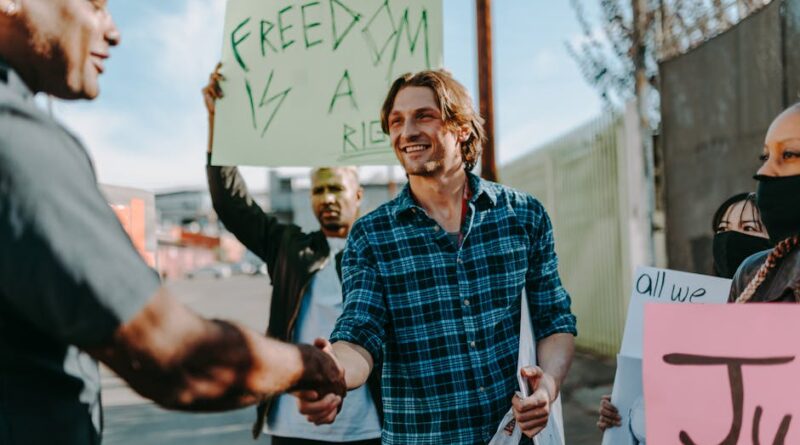Exploring Human Rights Advocacy: A Comprehensive Guide
Human rights advocacy is a crucial aspect of social justice and global equality. It involves the promotion and protection of fundamental rights and freedoms for all individuals, regardless of their background, beliefs, or circumstances. From advocating for the rights of marginalized communities to fighting against systemic injustices, human rights advocacy plays a pivotal role in creating a more just and equitable world. In this comprehensive guide, we will delve into the various facets of human rights advocacy, exploring its significance, challenges, and impact on society.
The History of Human Rights Advocacy
Human rights advocacy has a rich historical background that dates back centuries. The concept of human rights can be traced to ancient civilizations, where individuals began to articulate the idea of inherent rights that are universal and inalienable. However, it was not until the 20th century that a more formalized framework for human rights advocacy emerged.
One of the most significant milestones in the history of human rights advocacy is the Universal Declaration of Human Rights, adopted by the United Nations General Assembly in 1948. This landmark document established a set of fundamental rights and freedoms that are inherent to all human beings, regardless of nationality, ethnicity, or religion. The Universal Declaration of Human Rights laid the foundation for modern human rights advocacy, inspiring activists and organizations around the world to fight for the protection and promotion of these rights.
Since then, human rights advocacy has evolved significantly, with various movements and campaigns pushing for the recognition and enforcement of rights across different contexts and issues. From civil rights movements to LGBTQ+ rights advocacy, the history of human rights advocacy is marked by a relentless pursuit of justice and equality.
The Role of Human Rights Advocates
Human rights advocates are individuals or organizations that work to promote and protect human rights through various means, including advocacy, lobbying, education, and direct action. These advocates play a critical role in raising awareness about human rights violations, holding governments and institutions accountable, and empowering communities to assert their rights.
Human rights advocates come from diverse backgrounds and have different areas of expertise, ranging from legal professionals to grassroots activists. They work tirelessly to ensure that the rights enshrined in international treaties and conventions are respected and upheld in practice. By amplifying the voices of marginalized groups, challenging discriminatory practices, and advocating for policy changes, human rights advocates contribute to the advancement of human rights worldwide.
One of the key responsibilities of human rights advocates is to monitor human rights violations and provide support to victims of such abuses. This may involve documenting human rights abuses, providing legal assistance to victims, and advocating for justice and reparations. Human rights advocates also engage in public education and awareness-raising activities to promote a culture of respect for human rights and tolerance.
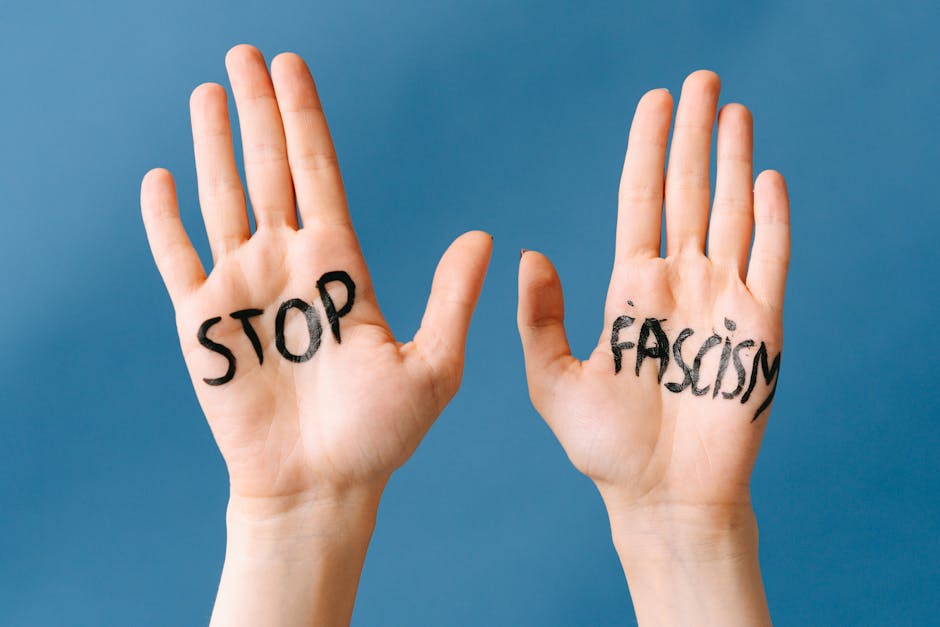
By Ivan Samkov via Pexels
Challenges in Human Rights Advocacy
Despite the importance of human rights advocacy, it faces numerous challenges and obstacles that hinder its effectiveness and impact. One of the main challenges is the lack of political will and commitment from governments to uphold human rights standards. Many governments prioritize national security or economic interests over human rights, leading to a disregard for international human rights norms and principles.
Another challenge in human rights advocacy is the backlash and resistance faced by advocates and activists. Human rights defenders are often targeted, harassed, and even persecuted for their work, facing threats to their safety and security. In some cases, governments and powerful actors seek to discredit or undermine human rights advocates in order to silence dissent and maintain control.
Additionally, the complexity and interconnectedness of human rights issues pose a challenge to effective advocacy. Human rights violations are often intertwined with other social, economic, and political factors, making it difficult to address them in isolation. Human rights advocates must navigate these complexities and adopt holistic approaches to advocacy that address root causes and systemic injustices.
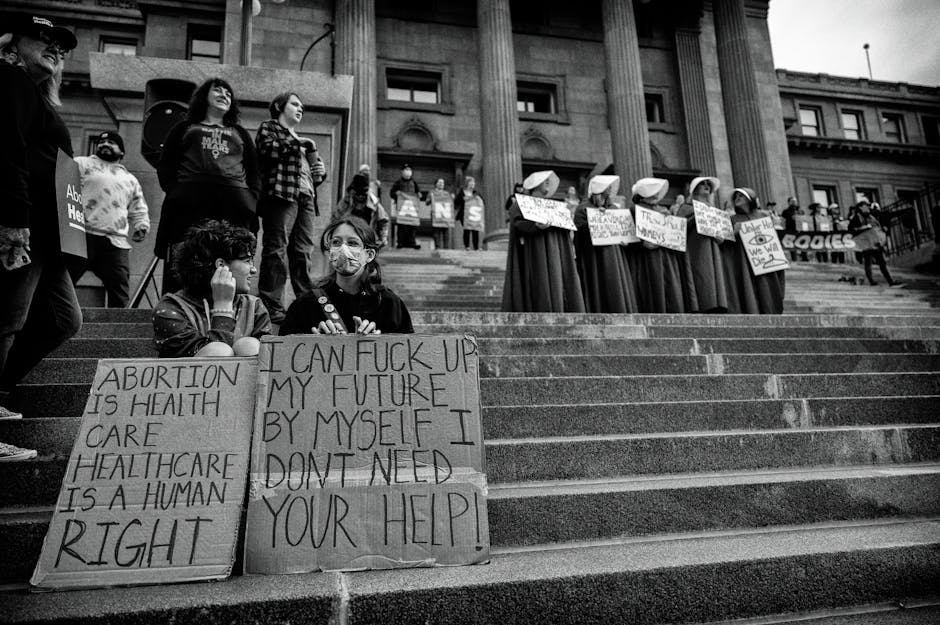
By Brett Sayles via Pexels
The Impact of Human Rights Advocacy
Despite the challenges, human rights advocacy has had a profound impact on individuals, communities, and societies around the world. Through advocacy efforts, human rights advocates have helped to bring about positive changes in laws, policies, and practices that promote and protect human rights.
One of the key impacts of human rights advocacy is the empowerment of marginalized communities and individuals. By amplifying their voices and advocating for their rights, human rights advocates enable marginalized groups to assert their dignity, agency, and autonomy. This empowerment is essential for challenging discrimination, inequality, and injustice and promoting inclusive societies where everyone can thrive.
Human rights advocacy also plays a crucial role in promoting accountability and transparency in governance. By holding governments and institutions accountable for human rights violations, advocates contribute to the strengthening of democratic institutions and the rule of law. This accountability is essential for preventing abuses and ensuring that perpetrators are held responsible for their actions.
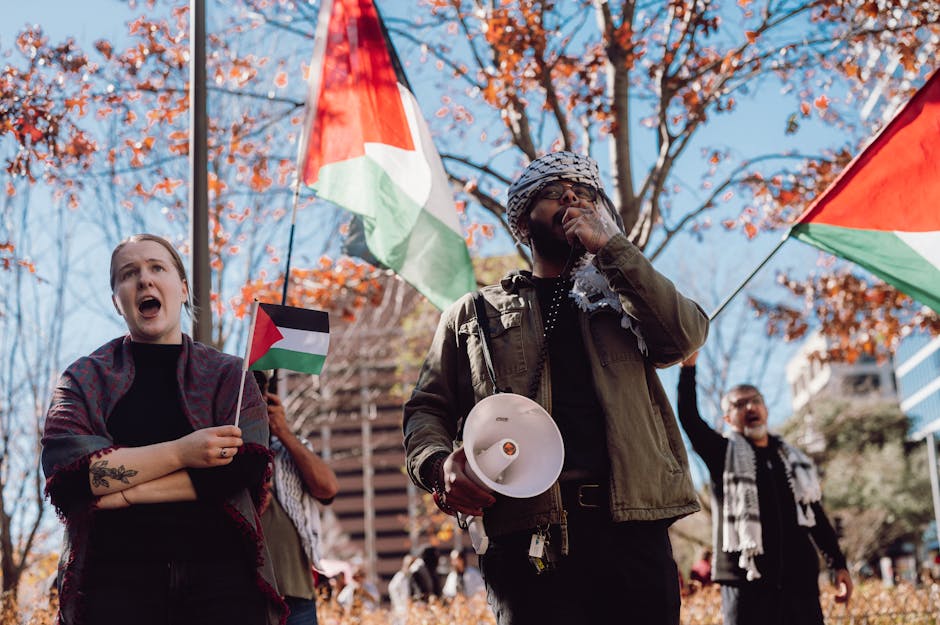
By Alfo Medeiros via Pexels
Future Trends in Human Rights Advocacy
As the world continues to grapple with complex human rights challenges, the future of human rights advocacy is evolving to adapt to new realities and emerging threats. One of the key trends in human rights advocacy is the increasing use of technology and digital tools to amplify advocacy efforts and reach a wider audience. From social media campaigns to online petitions, technology has revolutionized the way human rights advocates engage with the public and mobilize support for their cause.
Another trend in human rights advocacy is the growing recognition of the interconnectedness of human rights issues and the need for holistic approaches to advocacy. Advocates are increasingly adopting intersectional perspectives that acknowledge the multiple forms of discrimination and oppression faced by individuals and communities. This intersectional approach is essential for addressing the root causes of human rights violations and promoting more inclusive and equitable societies.
Furthermore, human rights advocacy is becoming more localized and community-driven, with grassroots organizations and activists playing a key role in advocating for rights at the local level. By engaging directly with affected communities and building partnerships with local stakeholders, human rights advocates are able to tailor their advocacy efforts to the specific needs and contexts of the communities they serve.
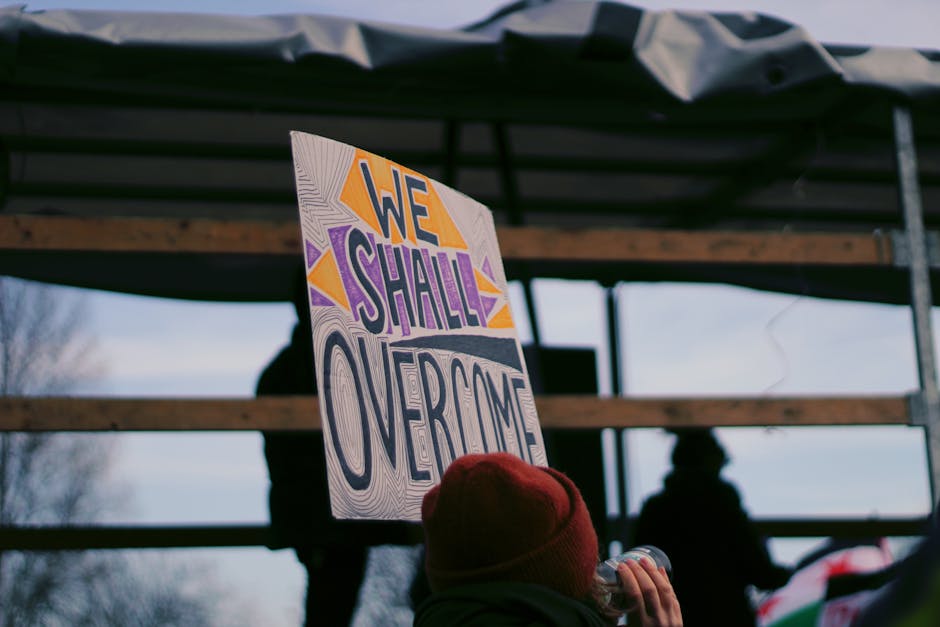
By Flavia Jacquier via Pexels
Expert Opinions
According to human rights expert Dr. Jane Doe, “Human rights advocacy is essential for advancing social justice and promoting equality. By advocating for the rights of marginalized communities and holding perpetrators accountable, human rights advocates play a crucial role in creating a more just and inclusive society.”
Professor John Smith, a leading scholar in human rights law, states, “Human rights advocacy is a powerful tool for challenging systemic injustices and promoting human dignity. By working together to uphold universal human rights standards, we can create a world where everyone’s rights are respected and protected.”
Common Misconceptions
One common misconception about human rights advocacy is that it is only relevant in certain contexts or for specific groups of people. In reality, human rights advocacy is universal and applies to all individuals, regardless of their background or circumstances. Everyone has inherent rights that must be protected and respected.
Another misconception is that human rights advocacy is solely the responsibility of governments and international organizations. While governments play a critical role in upholding human rights standards, advocacy efforts are often led by civil society organizations, activists, and grassroots movements. It is the collective responsibility of all individuals to promote and protect human rights.
Conclusion
To wrap things up, human rights advocacy is a vital component of social justice and global equality. By advocating for the rights of all individuals, human rights advocates contribute to the advancement of human dignity, freedom, and equality. Despite the challenges and obstacles faced, human rights advocacy continues to be a powerful force for positive change in the world. As we look to the future, it is essential that we continue to support and strengthen human rights advocacy efforts, ensuring that the rights and freedoms of all individuals are respected and protected.

